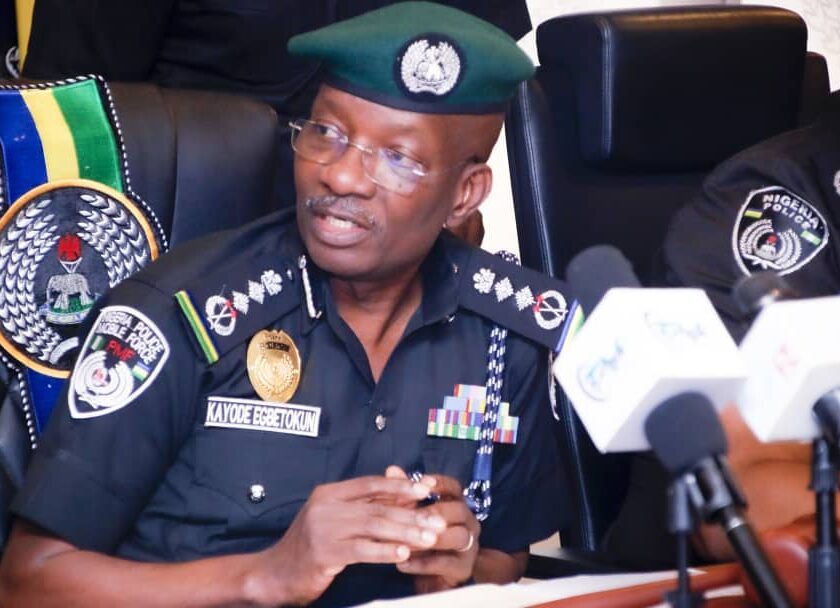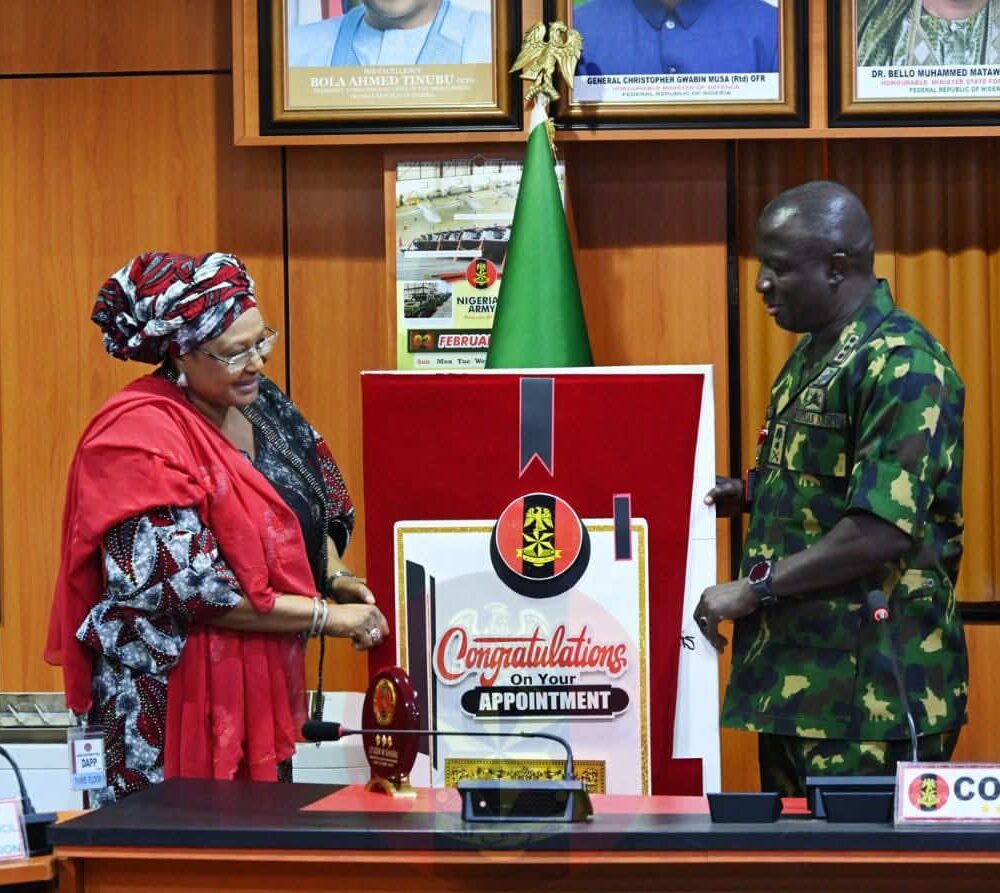It is a truism that Nigerians are sharply divided under the present dispensation. Unless something is done about it quickly, I see us imploding in a disastrous manner. I go before decision makers (National, regional, continental and global) from time to time to discuss some of the issues. I only respond to invitations; I do not force anybody to listen to me.
This piece is for those thinking that our comments on the herdsmen crisis amount to intellectual fraud or a product of our hatred for the Buhari administration. Those pursuing this kind of argument are not closer to Buhari and his administration than those of us raising the red flag. The truth is that we have serious problems before us. We either manage them honestly or keep hiding behind one finger thinking that our denials would stamp out the problem. Our leaders are not deceived by the gale of denials they see around them. They meet regularly to deal with the problems.
I am motivated to write this piece because of my encounter this morning with a religious leader who spent four days with the kidnappers. I was once kidnapped in Kenya for few hours. I know what it is. At that stage, you are no longer afraid of death. But shortly after, you start experiencing post traumatic stress disorder. May we never experience it.
We once had the Yoruba (OPC) crisis under Obasanjo. We had the Niger Delta crisis under Jonathan. Scholars talked then and we were listened to. They wrote about the problems and a colleague got an international award for his paper on the OPC. The only difference between then and now is that we did not have as easy access to the social media as we now do. I contributed secretly (with some colleagues, most especially Prof. Ogunsanya and Ayo Hammed of the Faculty of Education, Comrade Moshood Erubami, Shopade and Hon Akinteye) to stopping the OPC killings. Only the DSS have the records of what we did, where and how. Unlike the earlier interventions, including the one organized by the Ooni of Ife, nobody died in the course of our OPC project. Governor Daniel consolidated the peace process later: by differentiating between the titles of Gani Adams and Dr F. Fasehun.
When the OPC clashed with the Fulani in Oke Ogun area in 2001 or 2002 and the Fulani started fleeing Yorubaland through Igbeti and Ilorin, Buhari led some northern Nigerian leaders to complain to Governor Lam Adesina. As they spat on each other’s face, I was in the Oke Ogun area returning the Fulani that fled Yorubaland to their locations. Prof. Ayo Ahmed is alive to provide more information on this project. We worked with security agencies, most especially Mr. Hanz Nwendi (the Area Commander of Oyo). He later became the PRO of the Police in Nigeria. At a stage, we combed different parts of Oyo and Ogbomoso buying off any loaf of bread we could bring to Iseyin to feeding the displaced Fulani people and their family members. The OPC has what it takes to rid Yorubaland of any invasion but some of us are afraid we should not let our problem get to that stage. That is why the intervention of our elders should be appreciated at this moment.
When I was a Research Associate at the Centre for Inequality and Human Security (CRISE) at the University of Oxford, my project was on the Fulani crisis in Oke-Ogun area. I worked with Sarkin Sasa (Alhaji Mai Yasin Katsina) who using BBC could get us to hold meetings with the Fulani anywhere. We worked with his children, most especially Chiroma, and the popular Alhaji Tanko (always coming to our events in UI). I worked with Dr. Faleti of IPSS. We combed the bush every where working with the DSS, leaders of hunters and farmers. We worked with Fulani Ile and the migrating Fulani. We published on the crisis. In other words, our knowledge of this problem is not the APC/PDP stuff we now see.
At a stage in the Niger Delta crisis, I facilitated three meetings with the Councils of Traditional Rules in the region: one in Yenogoa and the second in Uyo. The meetings were supported by the United States Institute for Peace in DC. When Baba Obasanjo was looking for Dokubo, the leader of the Niger Delta Volunteer Force, some of us went to the creeks of the Niger Delta to talk to some of the boys. Google search my name, you would find the “need to know” sections of the report there. It informed a number of domestic and international interventions.
There are four methods for dealing with a problem of this nature. The first is denial or avoidance. This has to do with not doing anything about the problem and demonizing anybody that talk about. Another angle to this approach is to see red and want people to believe it is black just because it is not convenient for us to tell the truth. This seems to be the approach that some people are trying to force on us. “Don talk about it; you only talk about it because you don’t like Buhari”. The second approach is strategic withdrawal. This has to do with the belief that those responsible for dealing with the problem would act appropriately. Hence, we the “commoners” or “body of fraudulent scholars” should not talk about it and that talking about it does not add to the solution. Hmmm. The third approach is confrontation: “catch those responsible for the problem and harshly deal with them”. There are several videos on this? The fourth is third party decision making: take them to court and imprison them. There are several such people in Agodi prison today. If you don’t appreciate what is going on around us now, please visit Agodi and talk to those detained there. The last is joint problem solving. This has to do with working collaboratively to deal with the problem. But the first step step in this is to have the agreement “we have a problem to deal with”. You do not work together to solve a problem that does not exist in our imagination. Until it gets to us, we feel those talking about it are talking nonsense. Let’s wait and see.
This piece is for my students of early warning system.





